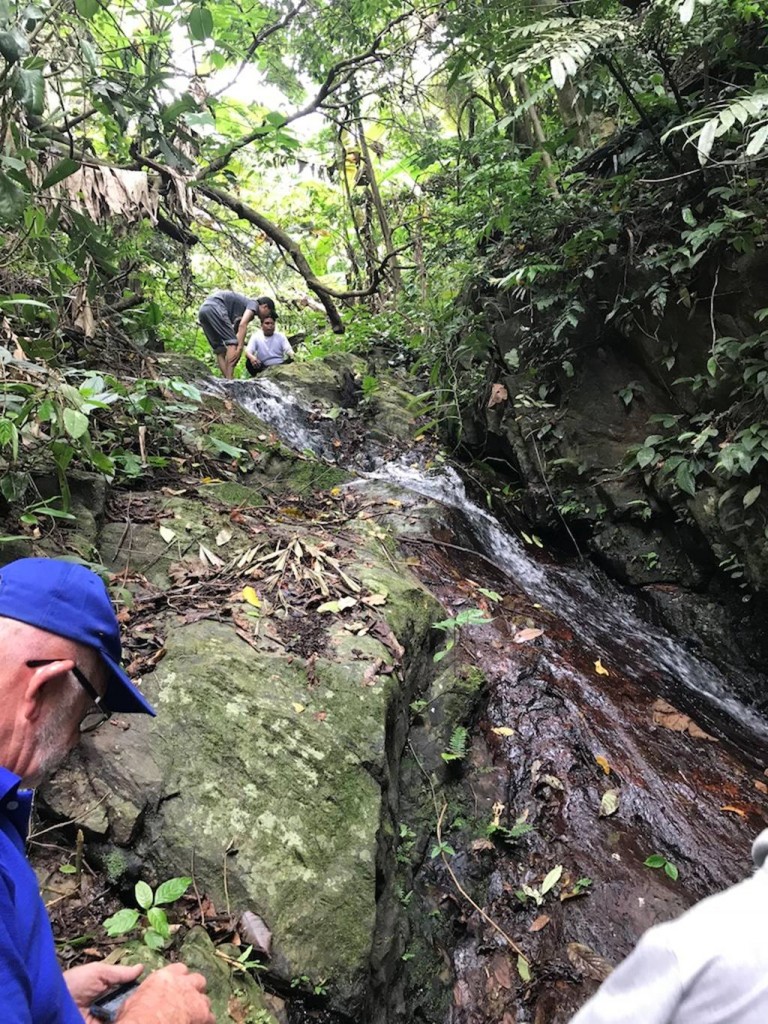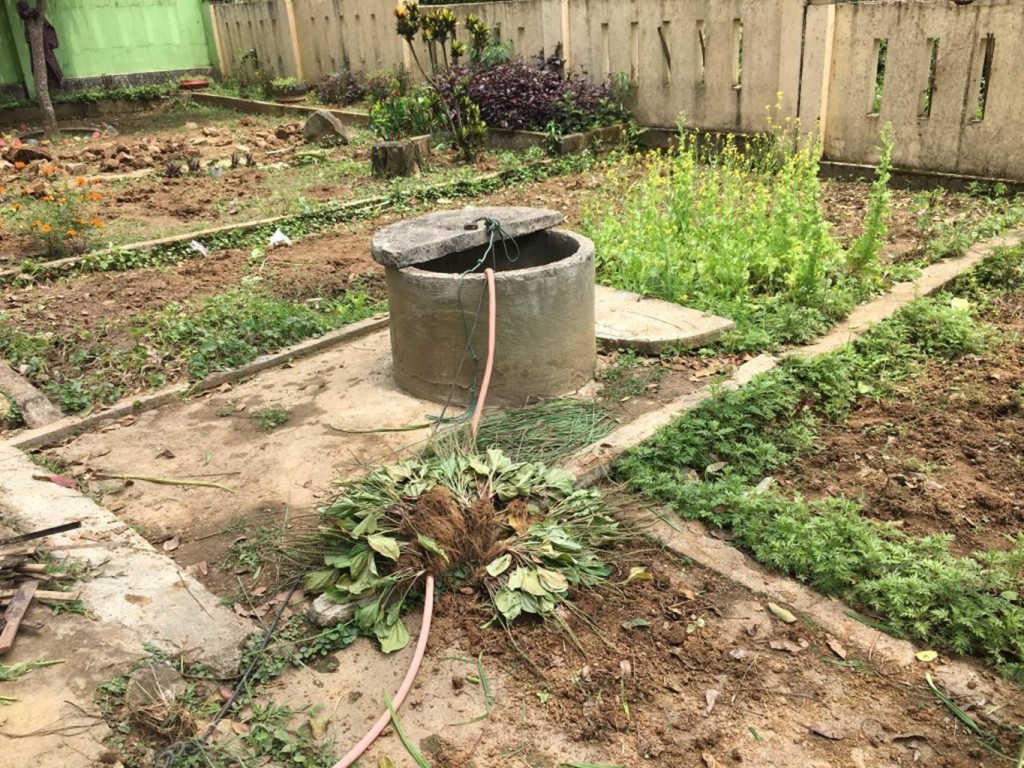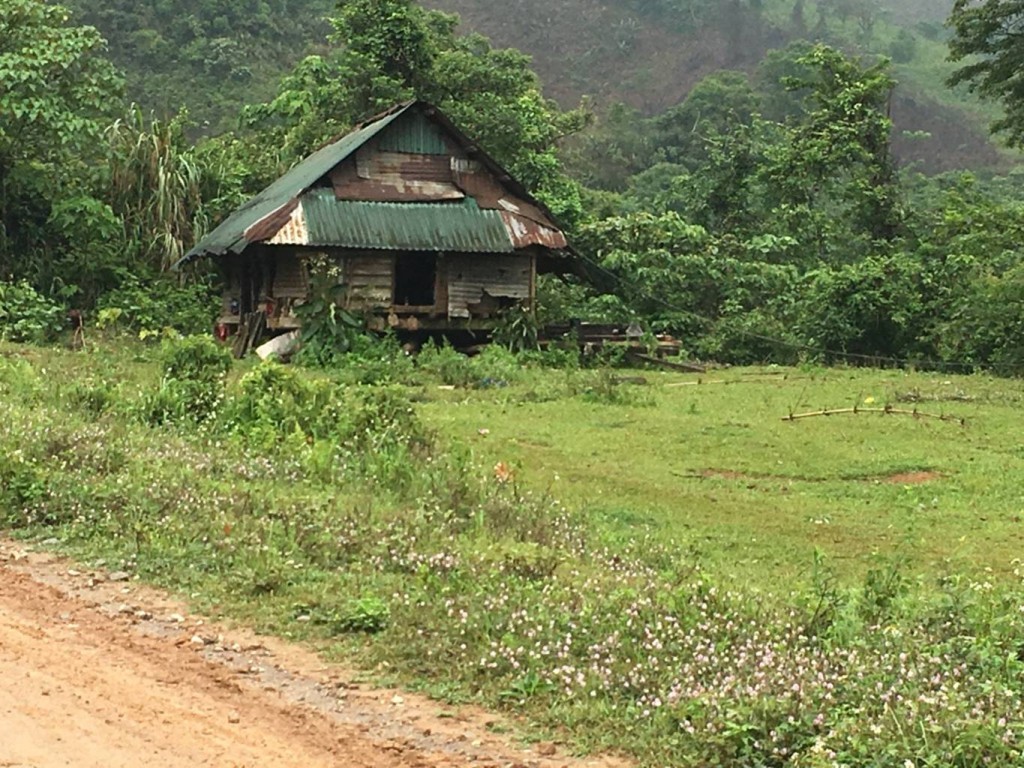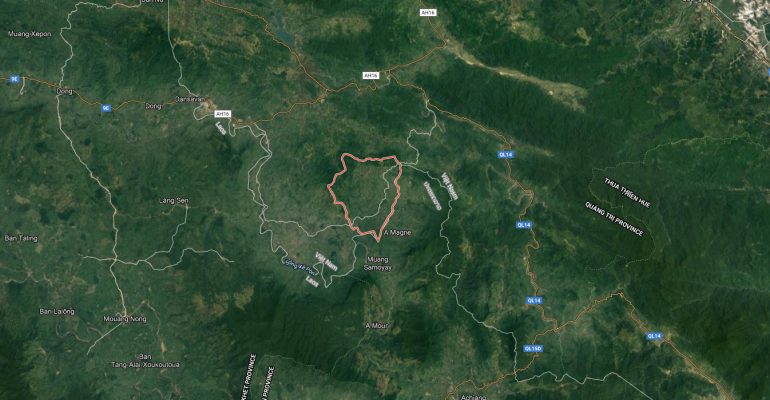The Ba Tang community lies between Khe Sanh and the Laos border in the Quang Tri Province of Vietnam. Thousands of ‘minority’ people live here, many below the poverty line in remote, mountainous regions. Most homes and schools are without an adequate water supply or toilet facilities. High explosive bombs including aerially delivered mines, artillery, mortar bombs and the human deforming crop and jungle destroying defoliant (Agent Orange) proliferate the area. This defoliant toxicity has now passed through to the 5th generation of children, a tragic legacy of war in this region.
The MiVAC project objective in the Ba Tang community is to supply running water and toilets to 45 sub village groups including 10 schools – beneficiaries total around 5,000 people. The planned system is simple – being gravity fed thereby minimising on-going maintenance costs. The water shall be free of glyphosate which is currently affecting some villages with a real likelihood that other villages will be impacted as time passes. MiVAC provides the design, materials, supervision and total financial support and management. The villagers provide volunteer labour and some materials such as timber. Once an adequate water supply is achieved the villages/schools are provided with toilet facilities. On completion, following advice and training, the village takes ownership and responsibility for maintenance.
The immediate benefits anticipated from this project are extensive:
- Provision of clean running water to villages and schools resulting in many hours of labour saving for women and children.
- Provision of toilets to all dwellings, improving health, wellbeing and the environment
- Small vegetable plots will be possible within the village.
- Clean, unpolluted water will reduce the chemical toxicity and its pervasive effects on these communities.
MiVAC has secured sufficient funding to carry out the water supply, toilets to schools and 2 invalid facilities to each village totally 18. This leaves some 780 homes to provide with toilets once financial support is found. The disease cycle occasioned by open defecation cannot be broken until sufficient sanitation is installed.





